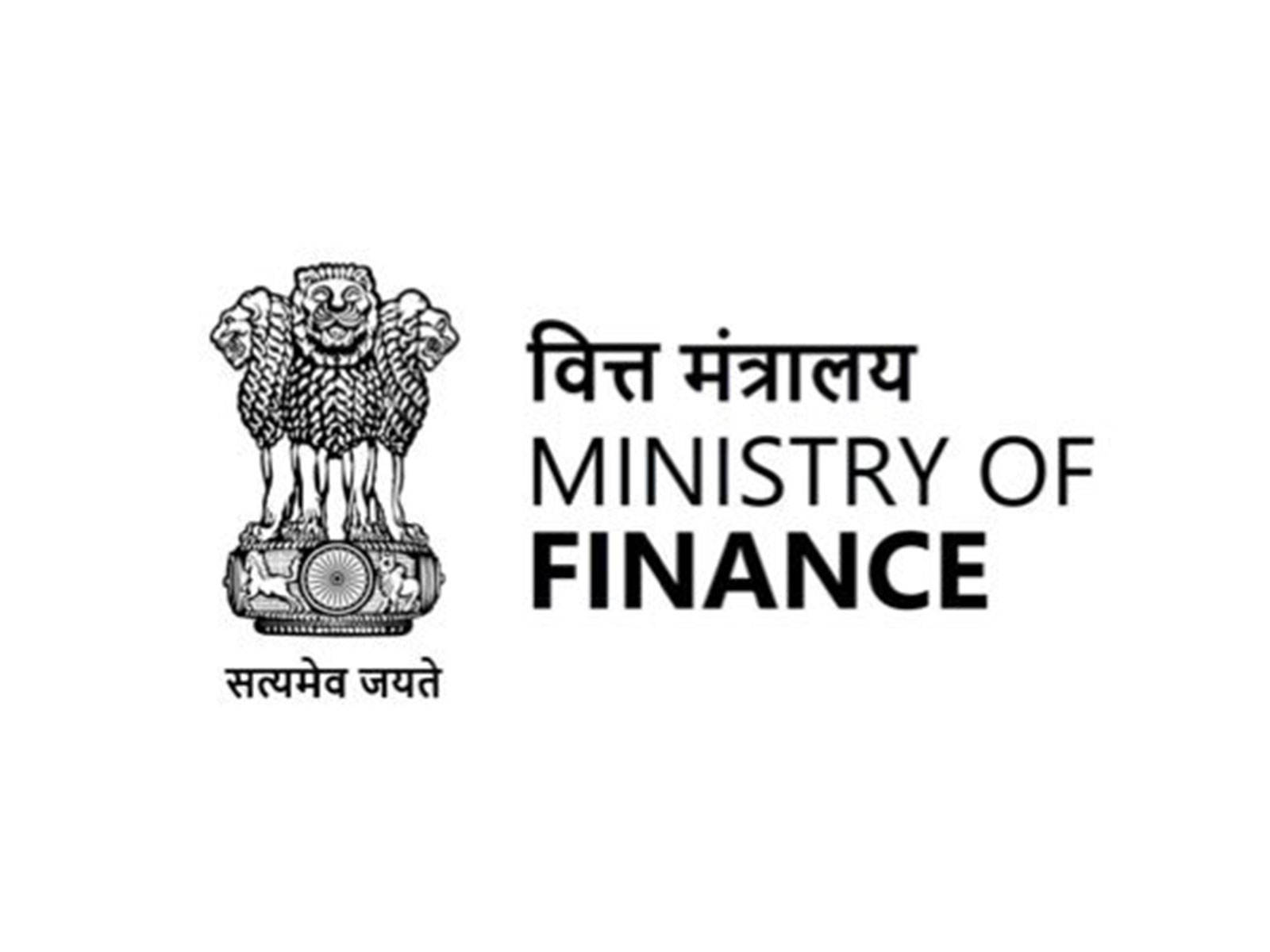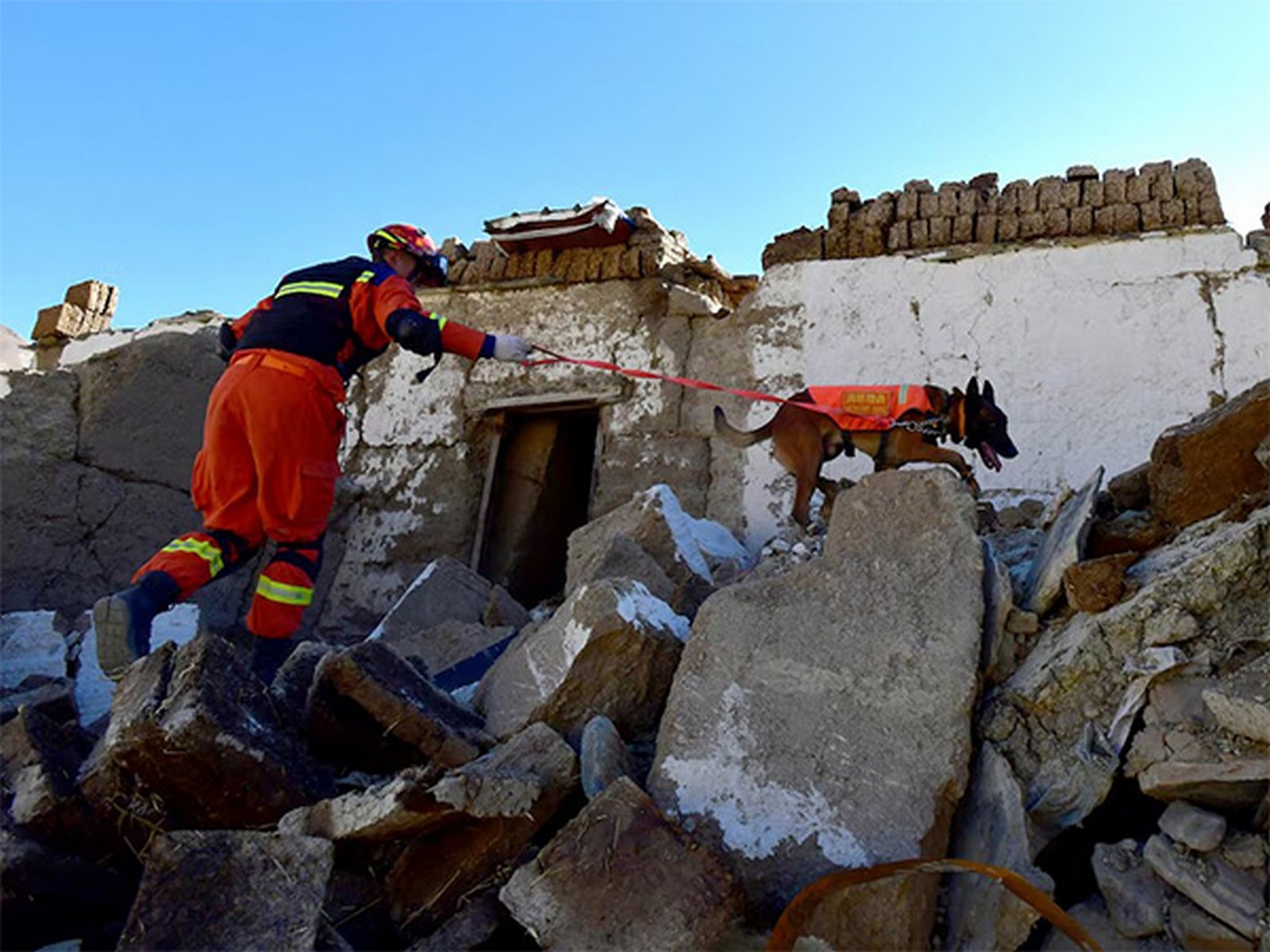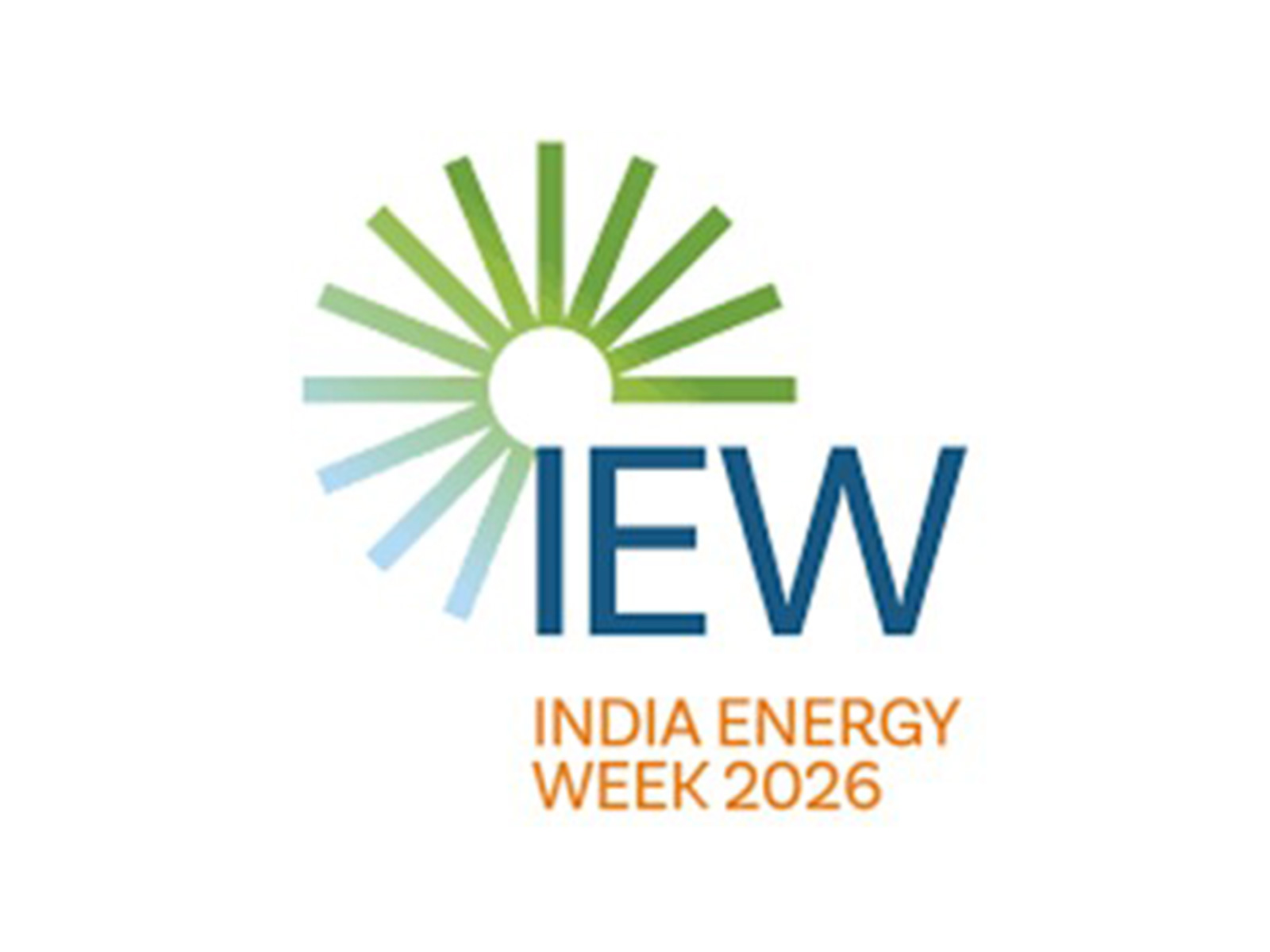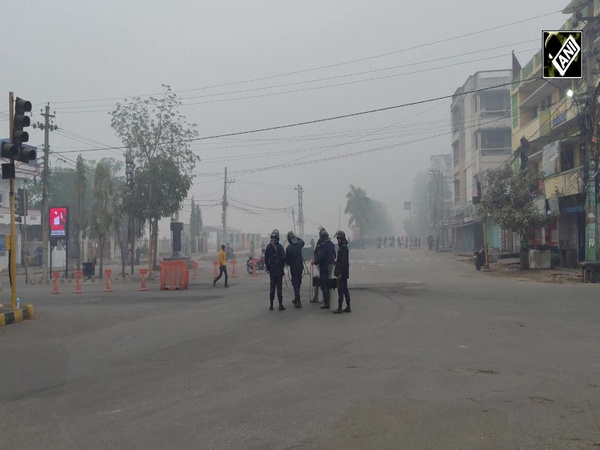Ukraine conflict threatens uneven COVID-19 recovery in Pacific region: World Bank
Apr 05, 2022

Washington [US], April 6 (ANI/Sputnik): The conflict in Ukraine threatens uneven recovery from the coronavirus pandemic among developing East Asian and Pacific countries, the World Bank said in a report on Tuesday.
"Just as the economies of East Asia and the Pacific were recovering from the pandemic-induced shock, the war in Ukraine is weighing on growth momentum," World Bank Vice President for East Asia and Pacific Manuela Ferro said. "The region's largely strong fundamentals and sound policies should help it weather these storms."
Countries in the East Asia-Pacific region that were large importers of fuel, such as Mongolia and Thailand, and big buyers of food, including the Pacific Islands, were already seeing a decline in real incomes, the report said.
Countries with large debt, like the Lao and Mongolia, and those highly dependent on exports, like Malaysia and Vietnam, were susceptible to global financial and growth shocks, the report said.
While commodity producers and fiscally-prudent countries may be better equipped to weather shocks, the repercussions of these events will dampen growth prospects for most in the region, the report said.
Overall economic growth was projected to slow to 5% in 2022 - a reduction of 0.4 percentage point than expected in October. If global conditions worsen and national policy responses remain weak, then growth could slow to 4%, the report said.
China, which accounts for 86% of regional output, was projected to grow 5% in the baseline and 4% in the downside scenario, the report said.
Output in the rest of the region was projected to expand 4.8% in the baseline and 4.2% in the downside scenario. In the downside scenario, 6 million more people in the region would remain trapped in poverty in 2022 at the $5.50 per-day poverty line, the report said.
"The war, financial tightening and China slowdown are likely to magnify existing post-COVID difficulties," the report added. "Struggling regional firms, more than 50 percent of which reported payment arrears in 2021, will be hit by new supply and demand shocks. Households, many of whom fell back into poverty during the pandemic, will see real incomes shrink even further as prices soar."
Indebted governments, who have seen their debt as a share of GDP increase by 10 percentage points since 2019, will struggle to provide economic support, the report added.
Increased inflation, at least 1.0 percentage point above previous expectations due to the oil price shock alone, will shrink room for monetary easing, according to the report. (ANI/Sputnik)




















